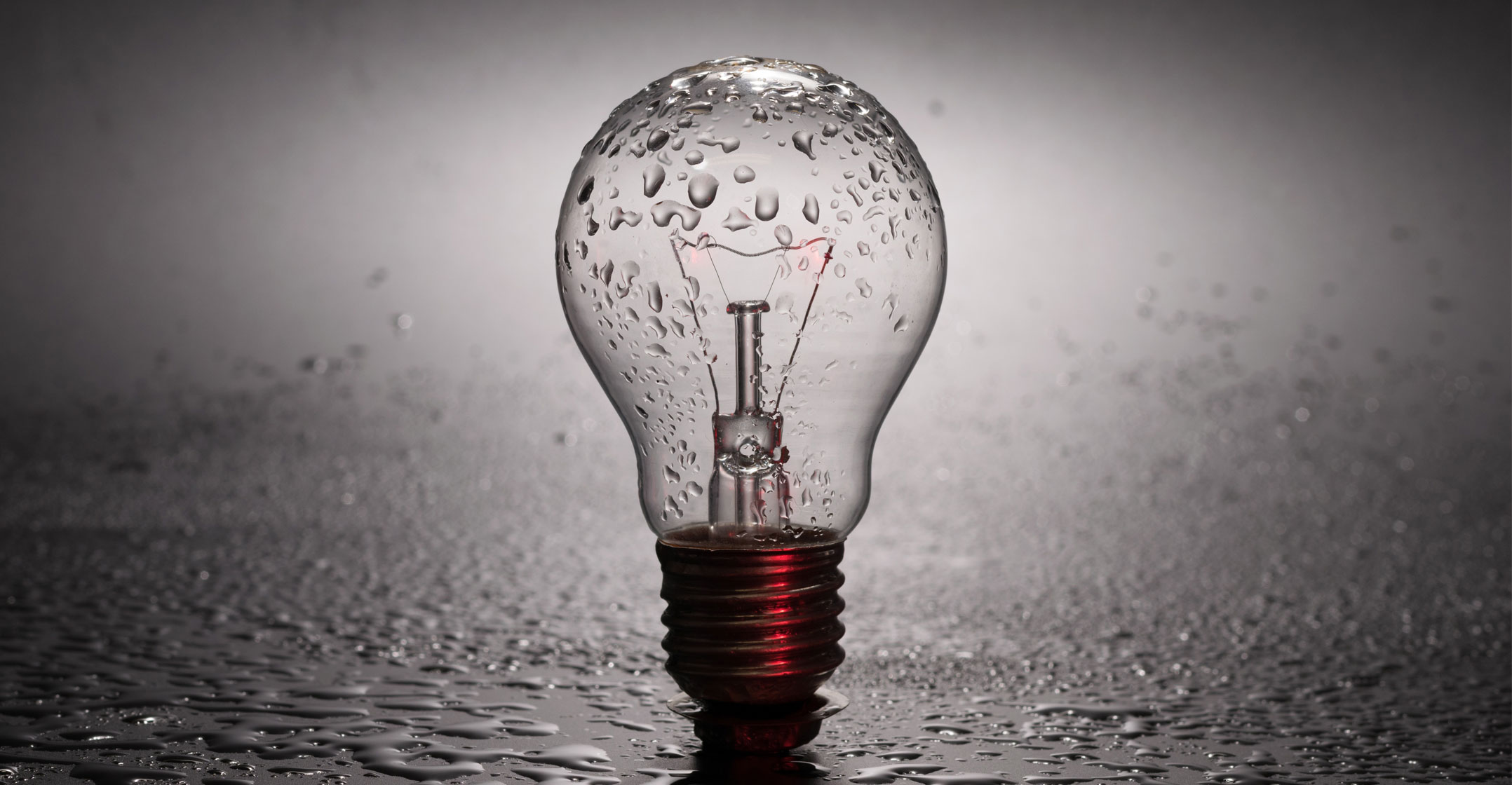 South Africa’s power cuts could bring economic growth for the year close to zero if they continue at the same severity seen in March, the central bank said.
South Africa’s power cuts could bring economic growth for the year close to zero if they continue at the same severity seen in March, the central bank said.
The wave of rolling blackouts that started in November and are among the worst the country has yet experienced could knock 1.1 percentage points off economic growth, the Reserve Bank said in its Monetary Policy Review released on Wednesday. Expansion of close to zero would be the worst outcome since 2009, when former President Jacob Zuma came to power.
Eskom implemented so-called stage-four load-shedding, which removed about 10% from the grid, last month as ageing plants were offline. The company is battling with high debt levels and declining revenue after years of financial mismanagement. It was at the centre of alleged looting under the previous administration.
“It has become clearer, however, that the legacy of state capture of which load-shedding is one symptom will constrain growth for a longer period,” the Reserve Bank said. “The damage done by state capture is worse than previously understood.”
South Africa went through a recession last year and hasn’t expanded at more than 2% annually since 2013. Growth will only pick up once domestic constraints are dealt with, deputy governor Kuben Naidoo said in a presentation after the release of the Monetary Policy Review.
The central bank pointed out that its estimates, which also show 125 000 jobs could be lost, assume load shedding will persist at high levels throughout the year, and don’t incorporate longer-term costs such as forfeited investment.
“It’s unclear to what extent firms and household have now made their own plans to manage or avoid their reliance on Eskom, which could mitigate growth costs,” the Reserve Bank said. — Reported by Rene Vollgraaff and Londell Phumi Ramalepe, (c) 2019 Bloomberg LP




